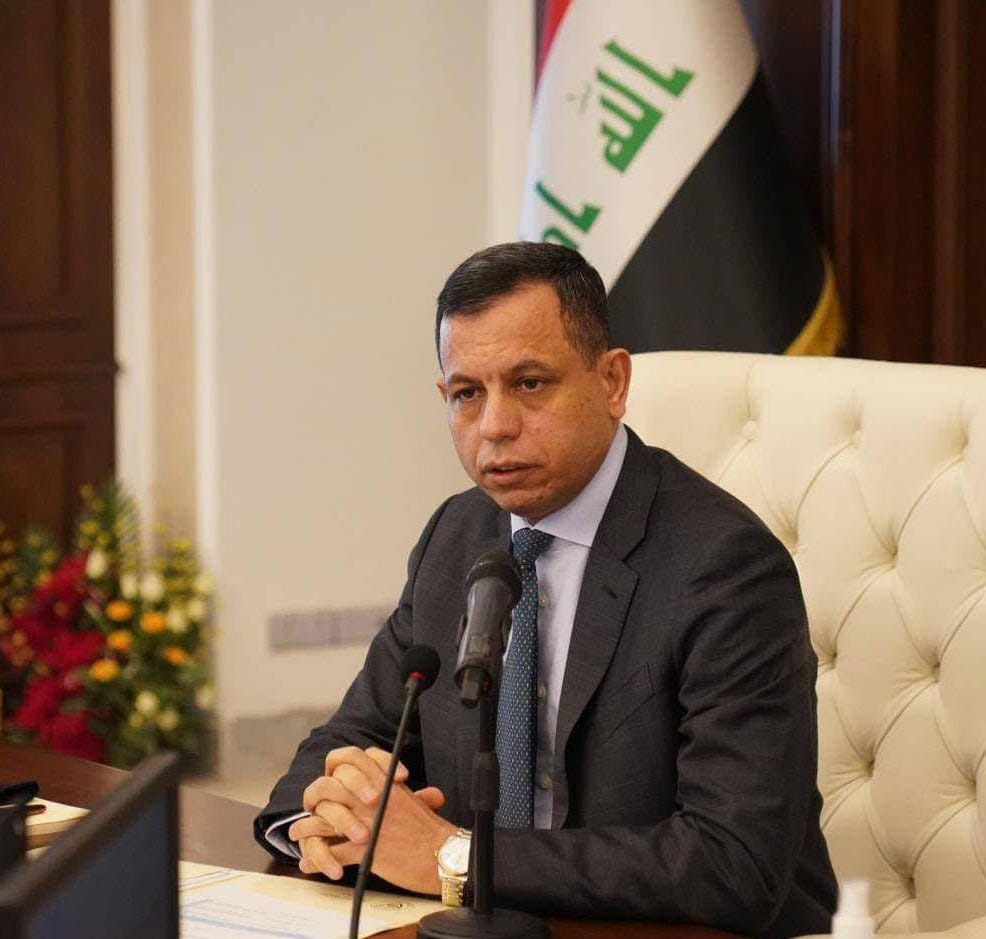Sudani picks Shatri to head intelligence service
Prime Minister Sudani’s decision to appoint Hameed Al-Shatri as head of the Iraqi National Intelligence Service (INIS) after the post had been vacant for two years suggests that he is under pressure from his political backers to relinquish control over key security and financial institutions.
The position was not filled after Mustafa Al-Kadhimi became prime minister in 2020, choosing instead to appoint himself acting head of the agency. This decision reflected Kadhimi’s desire to retain direct control over intelligence operations, but towards the end of his tenure, he appointed his chief-of-staff Raeid Jouhi to lead INIS, but Jouhi fled soon after when an arrest warrant was issued in his name in relation to the “Heist of the Century”. Sudani continued Kadhimi’s precedent when he assumed office, resisting pressure to cede the position to someone aligned with rival political parties.
Shatri’s appointment marks a shift, driven by mounting pressure on Sudani from his political backers within the Coordination Framework and the broader fallout from the wiretapping scandal that emerged this summer, which implicated INIS operatives in phone hacking. Last week, the primary culprit, a PMO official, was sentenced to four years in prison for his role in the scandal.
The selection of Shatri appears to be a compromise. While Shatri would not have been Sudani’s first choice, he is also not clearly tied to any single political party, making him an acceptable candidate for the various factions within the Coordination Framework. Shatri’s career trajectory has been shaped by his ability to cultivate ties across Iraq’s deeply divided political spectrum.


